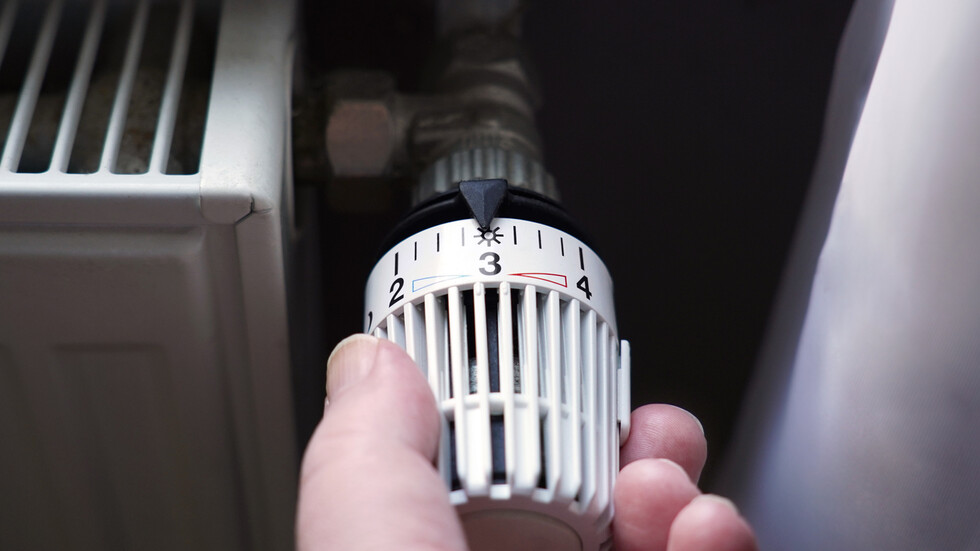Fuel prices continue to be high and, as temperatures drop, more and more households are opting for electric heating for the coming winter. Years ago, the Todorov family used solid fuel for heating.
“My son has decided to make things easier for us, so that we don’t have to carry heavy wood, drive, spend – and put pellets,” explains Valeria Todorova from Vratsa. And at least at first they could afford it. But the price has skyrocketed since then.
Will it be hot in schools this winter?
“Pellets are very expensive. We bought the latter at 860 BGN per ton. Now I have decided to raise the money again and take. We have checked and it is already over 1,100 BGN per ton”, says Valeriia Todorova as well. In order not to drive the winter in the cold, they will need at least 2 tons. That’s why they find option B – air conditioning. Despite being September, the new heating device in the Todorov family home is already in working order. As long as it is even hotter, they will only use it. But when they also launch the pellet stove, their costs will double compared to last year.
How to calculate the heating bill in winter
“For 1 month, 450 BGN is just the pellets, our electricity is about 100 BGN. I hope, as they say on TV, maybe they will cut down on fuels. Hopefully they have some pity for those people who are with the pellets “, Todorova hopes.
As the price of all fuels rises, there are more and more people who want to switch to electricity for the coming winter.
“At the moment, air conditioners are the cheapest option. Now with gas prices there is a lot of work,” says Mario, an air conditioner installer.
And the experts are categorical: electric heating is the most profitable.
“The lowest costs are heating the air conditioners. Modern air conditioners work in heat pump mode. With 1 kilowatt hour of electricity, 3 to 4 kilowatt hours of heat are added. It is also possible to use electricity at night: it is also low cost “, explains Ludmil Kostadinov, cap. expert at the Agency for Sustainable Energy Development.
However, a large percentage of Bulgarians continue to prefer solid fuels.
–


